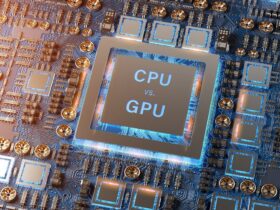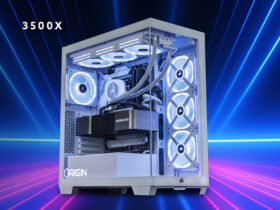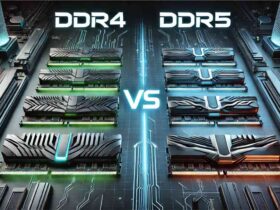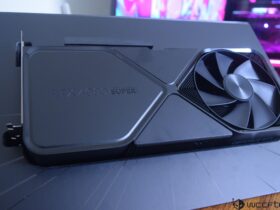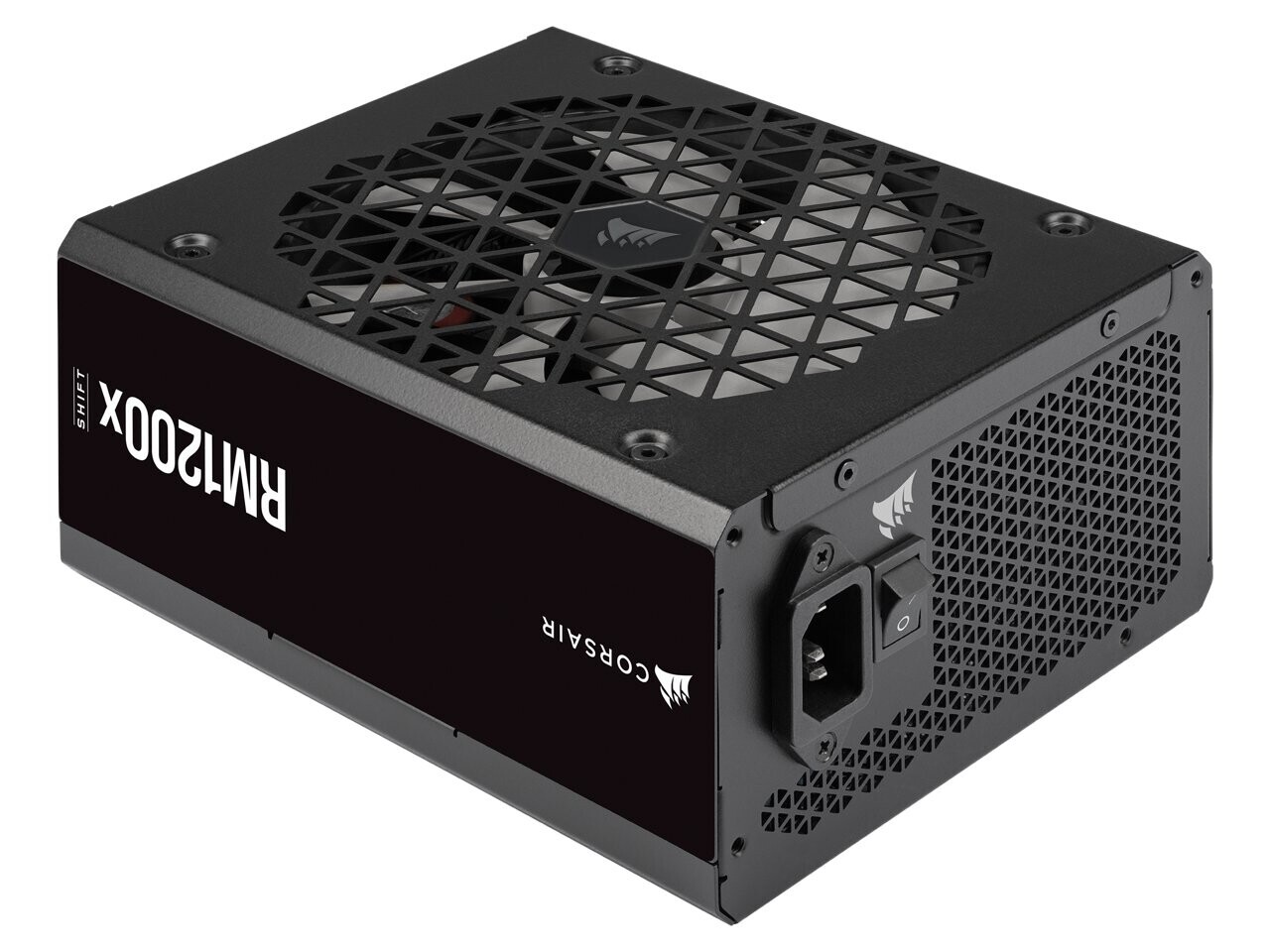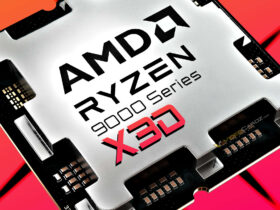Daftar Isi
Your PC’s power supply unit (PSU) is the unsung hero that keeps your system running smoothly. Whether you’re building a new rig or upgrading an existing one, selecting the right PSU is crucial. A reliable and efficient power supply ensures stable performance, protects your components, and contributes to overall system longevity. In this comprehensive guide, we’ll delve into the intricacies of choosing the perfect PSU for your PC.
Understanding Power Supply Basics
Navigating the world of power supplies (PSUs) can be a critical task for building or upgrading a computer. The PSU is the heart of your system, supplying power to every component from the CPU to the GPU, and selecting the right one is pivotal to ensure reliability and performance. Here are key factors and insights to consider when choosing a power supply:
The Importance of Wattage
Wattage is a fundamental aspect of PSU selection, dictating the capacity of power available to your system’s components. To determine the appropriate wattage for your build, you must account for the power requirements of your CPU, GPU, RAM, storage drives, and any additional peripherals. Online PSU calculators offer a handy resource for estimating your total power needs. It’s advisable to select a PSU with a wattage rating slightly above your estimated requirement. This extra headroom not only accommodates potential future upgrades but also ensures that your PSU operates efficiently, not at its maximum capacity, which can extend its lifespan.
Efficiency Ratings and Their Impact
The efficiency of a PSU is a critical indicator of its quality and performance. The 80 PLUS certification system is a standardized rating that helps consumers identify PSUs that achieve a certain level of efficiency at 20%, 50%, and 100% load conditions. These certifications range from Bronze to Titanium, with higher tiers indicating better energy efficiency. Opting for a PSU with a higher 80 PLUS rating can lead to less energy wasted as heat, resulting in lower operating costs and a cooler system environment.
Choosing Between Modular and Non-Modular PSUs
Another consideration is whether to choose a modular or non-modular PSU. Modular PSUs offer the flexibility to connect only the cables you need, reducing clutter and improving airflow within your case. This can be especially beneficial in smaller builds where space is at a premium. Non-modular PSUs, on the other hand, have all cables permanently attached. While this can lead to excess cables that need managing, non-modular PSUs often come at a lower cost and can be a viable option for builds where budget is a significant constraint.
Read More: SSD Showdown: A Look at NVMe, SATA, vs M.2
Form Factor and Connector
When assembling or upgrading a desktop PC, understanding the significance of PSU form factors and the array of connectors available is pivotal. This knowledge ensures compatibility and efficient power distribution throughout the system, highlighting the interplay between physical dimensions and electrical requirements.
The Essentials of PSU Form Factors
The choice of PSU form factor is critical for compatibility with your PC case, directly influencing the build process and system airflow. The ATX form factor remains the most prevalent in desktop PCs, with standard sizes including ATX, Micro ATX, and Mini ITX. These standards dictate not only the physical size of the PSU but also its screw alignment, ensuring a snug and secure fit within your chosen case. Selecting a PSU with a form factor aligned with your case prevents potential installation issues and optimizes internal space for better airflow and component arrangement.
Connectors are the conduits through which power is delivered to various components within the PC, each serving a distinct purpose:
- The 24-Pin ATX Connector is the main power lifeline for the motherboard, essential for the basic functionality of the system.
- The 4/8-Pin CPU Connector provides dedicated power to the CPU, ensuring it has the necessary energy to perform computational tasks efficiently.
- PCIe Connectors are crucial for supplying power to GPUs and other PCIe expansion cards, supporting their operation and performance.
- SATA Connectors are designed for storage drives and certain peripherals, facilitating data transfer and operation.
- Molex Connectors, though less commonly used in modern builds, cater to specific legacy devices that might still be part of your setup.
Each connector type plays a role in system assembly and functionality, making it essential to ensure your PSU is equipped with the right connectors to meet the needs of your components. This prevents power distribution issues and supports optimal performance across all devices.
In conclusion, a thorough understanding of Power Supply form factors and connectors is indispensable for building a compatible and efficient desktop PC. It not only facilitates a smoother assembly process but also ensures that each component receives the power it requires for optimal performance. Whether you’re a seasoned builder or a first-timer, paying close attention to these aspects can lead to a more successful and satisfying build experience.
Quality and Reliability
In the quest for a high-quality and reliable power supply unit (PSU), two pivotal factors stand out: the reputation of the brand and the inclusion of critical safety features. These elements are foundational to ensuring your system runs smoothly, efficiently, and safely over its lifespan.
The Significance of Brand Reputation
When selecting a Power Supply, opting for a unit from a well-regarded manufacturer such as Corsair, EVGA, Seasonic, or be quiet! can make a significant difference in the quality and reliability of your system’s power supply. These brands have established themselves as leaders in the PSU market, consistently delivering products that meet high standards of performance and durability. Reading reviews and exploring user experiences can provide valuable insights into how these PSUs hold up in real-world applications, offering a glimpse into their efficiency, longevity, and customer support quality. Investing in a PSU from a reputable brand is not just about paying for a name but ensuring your system has a stable and reliable power foundation.
The Critical Role of Safety Features
A PSU equipped with comprehensive safety features is non-negotiable for protecting your system against electrical hazards. Key protections include Over-voltage Protection (OVP), which guards against voltage surges that could damage components; Over-current Protection (OCP), preventing excessive current that can lead to overheating and potential fires; and Short-circuit Protection (SCP), which shuts down the PSU in the event of a short circuit, safeguarding both the power supply and connected components from damage. Additionally, Active Power Factor Correction (PFC) is a feature to look for, as it enhances the PSU’s efficiency and reliability by reducing the amount of reactive power, leading to a more stable electrical load and improved energy efficiency.
Choosing a Power Supply that marries a strong brand reputation with robust safety features ensures that your system not only performs optimally but also operates within a safe electrical environment. This combination is crucial for any build, from budget-friendly setups to high-end gaming rigs, emphasizing the importance of not compromising on power supply quality and reliability.
Conclusion: Powering Your PC Right
Selecting a good power supply involves balancing wattage, efficiency, form factor, and reliability. Invest in a quality PSU that meets your system’s needs and provides headroom for future upgrades. Remember, a well-chosen PSU ensures stability, protects your investment, and keeps your PC humming along.








